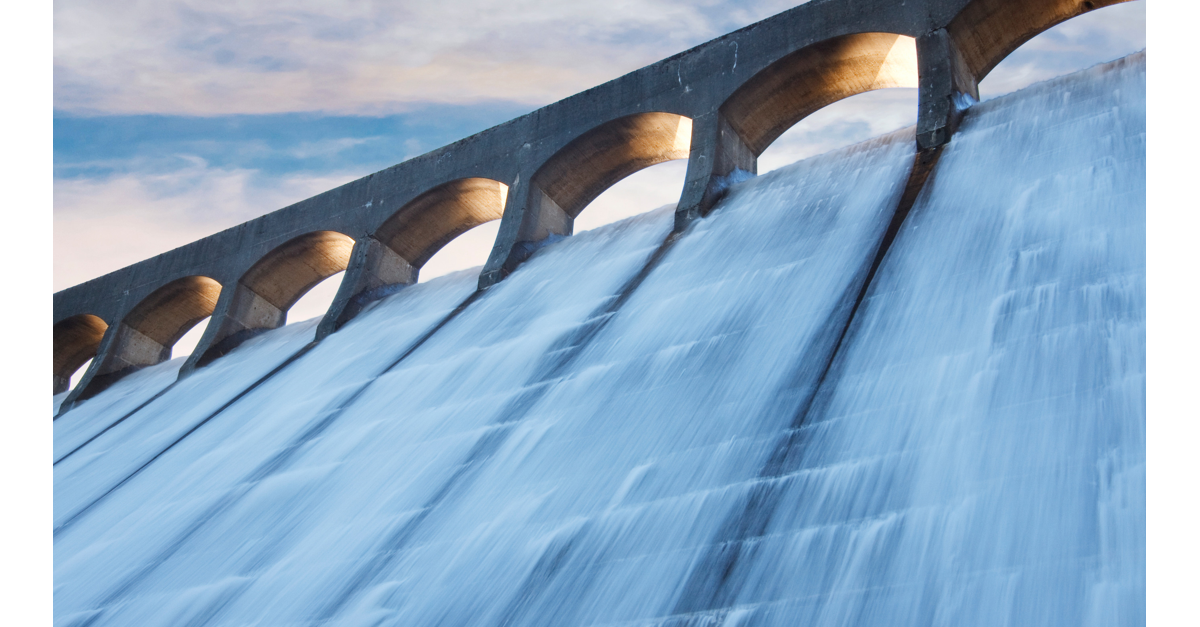Week in water: updates from across the water community

This week in water, community spirit and innovation go hand in hand, as a young boy’s love of construction earns him his very own street, and scientists make breakthroughs to future-proof food security.
Across the country, utilities are expanding access to sustainable water, investing in hydrogen-powered transport, and preparing coastal communities for changing environmental conditions.
Internationally, the human cost of poor access to safe water is laid bare in new data, while researchers track the rising mercury levels flowing through the world’s rivers.
Want in-depth articles on water trends delivered to your inbox? Sign up for the Australian Water Association’s weekly newsletter, Source.
National
Spotlight on STEM careers and climate science
CSIRO has relaunched its national With STEM You Can campaign, aimed at encouraging young Australians to explore careers in science, technology, engineering and maths.
Running from June to August 2025, the initiative highlights the relevance of STEM skills to real-world challenges, with resources for students and families alike.
In a further boost to Australian science, CSIRO’s Dr Pep Canadell has been named a 2025 Fellow of the Australian Academy of Science.
A global leader in climate research, Dr Canadell has made pioneering contributions to understanding greenhouse gas emissions and the global carbon budget. Check out Dr Canadell’s insights on carbon accounting in water.
States and territories
Harry’s Lane: a young boy’s legacy in Tanawha
On Queensland’s Sunshine Coast, four-year-old Harry Butler’s love of construction has been recognised in a touching tribute: the private road to a new Unitywater reservoir has been officially named Harry’s Lane.
Harry, who is non-verbal and autistic, has been captivated by the project since it began next door to his home in 2022. His mum Jeanette said:
“We actually built a climbing platform for him so he could scramble up and watch what was happening… he was so focused on the construction next door with all the big trucks and diggers and all the exciting things happening – it really engaged him.”
“It’s his little stamp on Tanawha. It’s going to be one of those forever stories,” she said.
Unitywater Executive Manager Strategic Engagement Joshua Zugajev said: “Harry has truly captured our attention and hearts… this has been a beautiful example of how we’ve worked with our local community through a substantial infrastructure project.”
Sewerage upgrade connects lower Plenty
More than 200 households in Lower Plenty, Victoria, are now connected to the sewerage network following the latest phase of Yarra Valley Water’s Community Sewerage Program. Nine kilometres of new pipework were installed using methods that protected trees and the local landscape.
General Manager Asset Services Bridie Fennessy said: “We’re committed to a major program of works… all properties identified as not having a sustainable onsite system will be able to access the modern sewerage network by 2040”.
Coastal recovery drives flood management research
A new study by Flinders University has highlighted the environmental impact of sediment plumes during the 2022–23 Murray River floods. The research shows how river discharge increased turbidity across thousands of kilometres, reaching a 13,681km² extent west of the Murray Mouth.
Student researcher Evan Corbett said the findings offer critical reference points for future monitoring and floodwater management in coastal ecosystems.
Water restrictions lifted in Orford and Triabunna
Rainfall over the long weekend has refilled Tasmania’s Prosser Dams, lifting Stage 1 water restrictions for Orford and Triabunna.
TasWater Acting Head of Communications and Engagement Liz Hafner thanked residents: “We were hopeful that rain would eventually reach the areas that needed it most… the dams finally received the top-up they needed over the long weekend”.
Frankston set to green with recycled water
Frankston City Council is preparing to green four community spaces with the Monterey Recycled Water Scheme, delivering 98ML of Class A recycled water annually via a new 2.3km pipeline.
South East Water Acting Managing Director Karen Lau said: “By irrigating these outdoor spaces with recycled water, we’ll deliver a climate-resilient water source and help save precious drinking water”.
Barwon Water leads hydrogen fleet shift
Barwon Water has taken the keys to Victoria’s first hydrogen-powered prime mover. The vehicle will help collect organic waste from treatment plants, as part of a wider plan to reduce emissions and support the circular economy.
Managing Director Shaun Cumming said: “We’re excited to work with Viva Energy and others on a project that could deliver lasting benefits for the region and beyond”.
International
Water inequality still killing thousands of children daily
Recent data from the World Health Organisation reveals that more than 1,000 children under five die every day from diseases linked to unsafe water, sanitation and hygiene (WASH), with most deaths occurring in just a few countries including Nigeria, Pakistan and Ethiopia.
WaterAid Australia CEO Tom Muller said: “The reality that over 1,000 children under five die each day due to inadequate water, sanitation and hygiene services is a reminder of the profound inequalities that persist in our world”.
Rivers now carry double the mercury pollution
A new study from Tulane University reveals that mercury levels in global rivers have more than doubled since pre-industrial times. Human activity has driven annual mercury flow into oceans from 390 to 1,000 metric tons, mainly via wastewater and erosion.
Lead researcher Yanxu Zhang said: “Rivers have become a pipeline for mercury from both municipal and industrial sources”.
Want in-depth articles on water trends delivered to your inbox? Sign up for Source, the Australian Water Association’s weekly newsletter.


